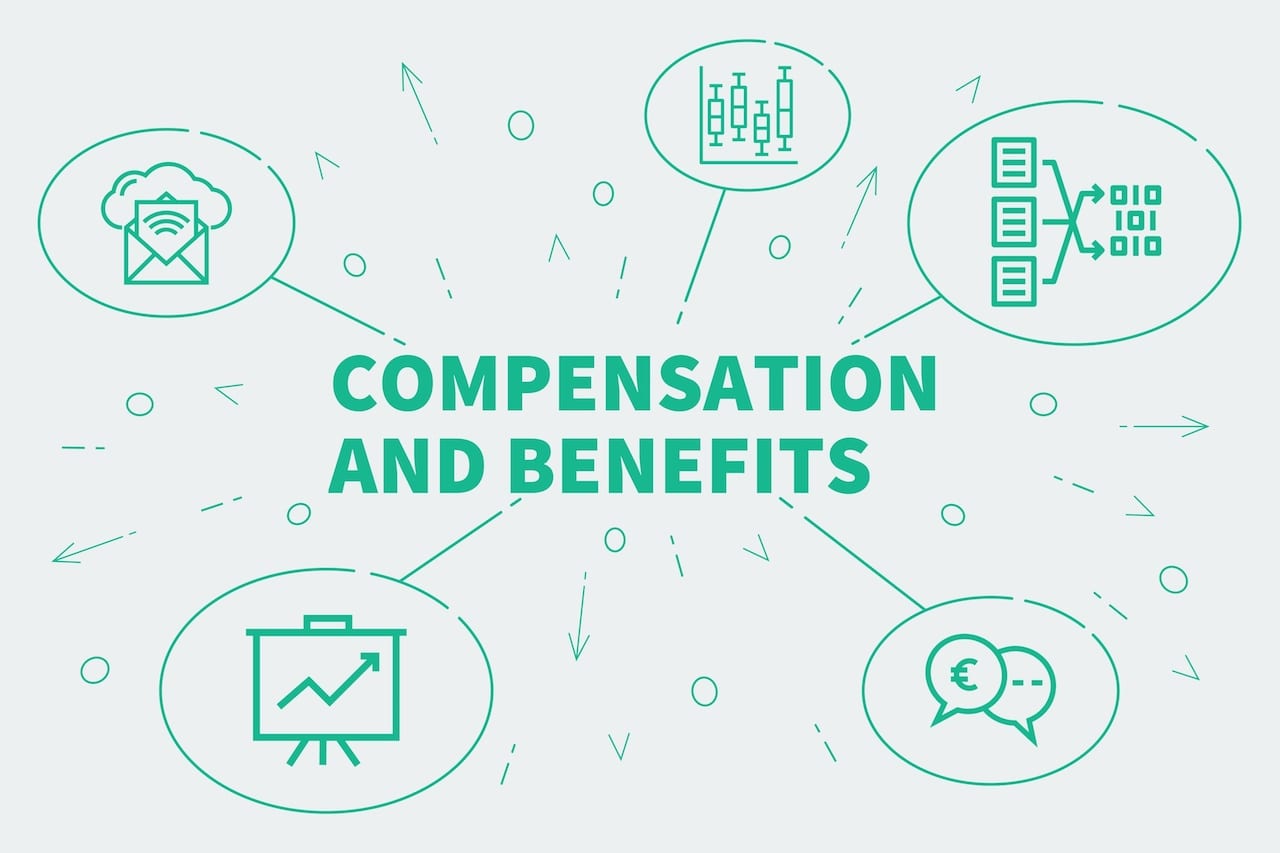.png)
.png)
Compensation and Benefits analysts and HR Professionals Payroll Manager who want to know about the functionality?
Day 1-REWARD STRATEGY
Day 2-Pay & Reward Review
Day 3-Pay Structures / Salary Structures
Day 4 Graded structures Broadband – Part 1
Day 4-Performance Management-Part 2
Day 5-INCENTIVE AND RECOGNITION SCHEMES
CDGA attendance certificate will be issued to all attendees completing minimum of 75% of the total course duration.
| Code | Date | Venue | Fees | Register |
|---|---|---|---|---|
| HR146-02 | 04-05-2026 | Istanbul | USD 5950 | |
| HR146-03 | 02-08-2026 | Dubai | USD 5450 | |
| HR146-04 | 16-11-2026 | Tbilisi | USD 6950 |

Compensation is a key element of a Total Rewards strategy. Recognized as the world’s standard since 1976, the Certified Compensation Professional (CCP) designation is known throughout the employee rew ...

Successful performance and motivation of employees is clearly linked to their reward systems. There is much correlation between organizational success and effective reward systems, demonstrating that ...
Providing services with a high quality that are satisfying the requirements
Appling the specifications and legalizations to ensure the quality of service.
Best utilization of resources for continually improving the business activities.
CDGA keen to selects highly technical instructors based on professional field experience
Since CDGA was established, it considered a training partner for world class oil & gas institution
3012, Block 3, 30 Euro Business Park, Little Island, Co. Cork, T45 V220, Ireland
Mon to Fri 09:00 AM to 06:00 PM
Contact Us anytime!
Request Info